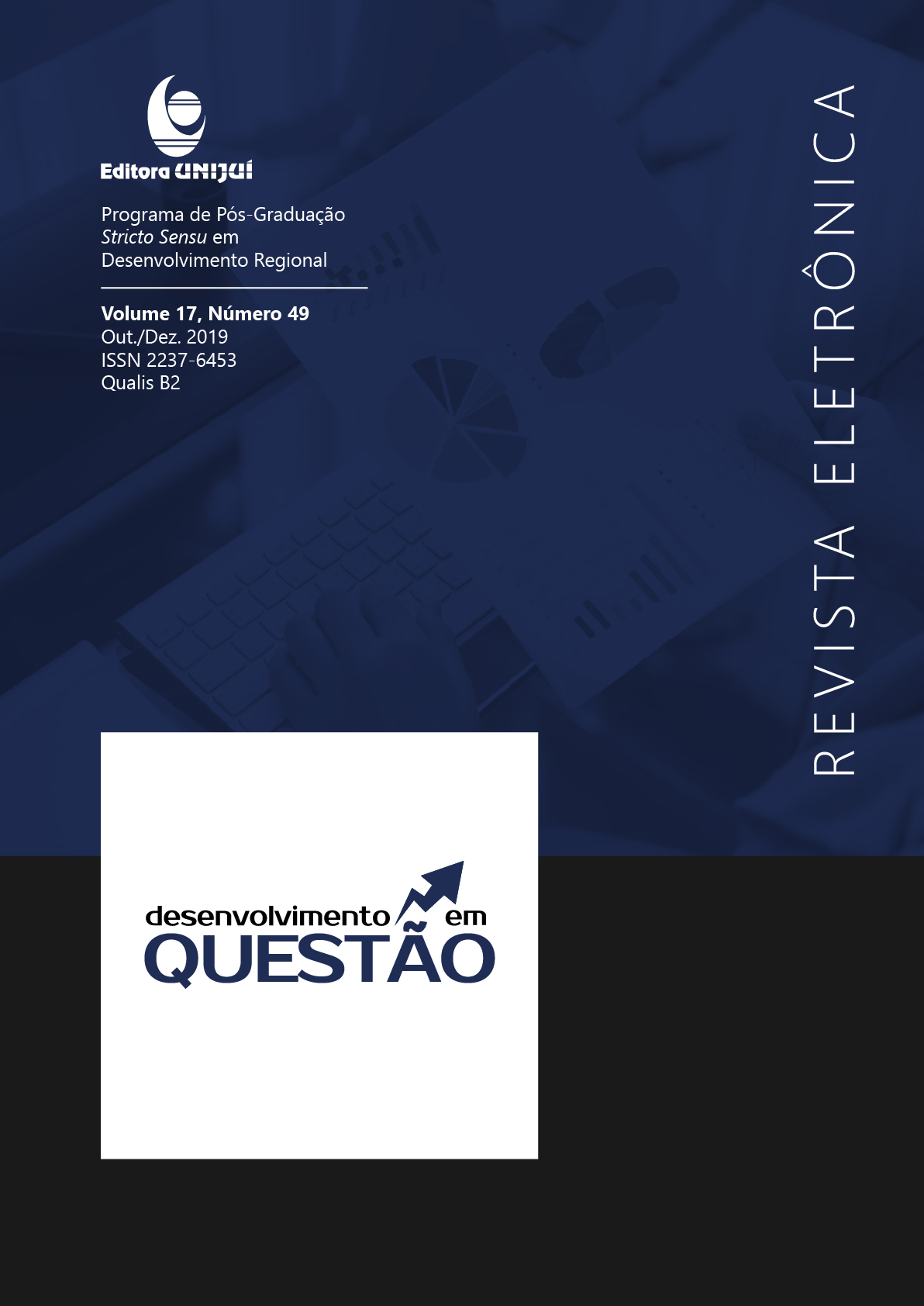As Diferenças Culturais e Socioeconômicas e o Impacto na Internacionalização Empresarial: um estudo comparativo entre duas empresas multinacionais
DOI:
https://doi.org/10.21527/2237-6453.2019.49.222-246Palavras-chave:
Expatriação, Cultura portuguesa, Cultura brasileira, Internacionalização, Gestão de Recursos HumanosResumo
A expatriação tem emergido como uma temática importante nos estudos gerenciais. O presente estudo tem por objetivo analisar os fatores culturais e socioeconômicos que impactam no processo de expatriação e internacionalização de duas empresas de países próximos culturalmente. Para tanto, foi realizado um estudo qualitativo de múltiplos casos em uma multinacional brasileira e uma portuguesa. Por meio de um roteiro semiestruturado, foram realizadas 30 entrevistas, as quais foram analisadas pela técnica de análise de conteúdo com o auxílio do software Max-Qda (2007) na organização das categorias de análise. Os relatos dos portugueses e dos brasileiros são muito similares quando abordam as diferenças entre os dois países. Embora próximos em função de sua história, a dificuldade com os entendimentos no uso da língua portuguesa, as diferenças na tomada de decisões, os preconceitos ainda existentes marcam a interação entre os profissionais e as empresas, revelando-se, assim, proximidades e distanciamentos. São citadas ainda a legislação para os expatriados, burocracia, corrupção, ‘jeitinho brasileiro’, a diferença de infraestrutura e da educação básica como entraves.
Downloads
Publicado
Como Citar
Edição
Seção
Licença
Ao publicar na Revista Desenvolvimento em Questão, os autores concordam com os seguintes termos:
Os trabalhos seguem a licença Creative Commons Atribuição 4.0 Internacional (CC BY 4.0), que permite:
Compartilhar — copiar e redistribuir o material em qualquer meio ou formato;
Adaptar — remixar, transformar e criar a partir do material para qualquer fim, inclusive comercial.
Essas permissões são irrevogáveis, desde que respeitados os seguintes termos:
Atribuição — Atribuição — os autores devem ser devidamente creditados, com link para a licença e indicação de eventuais alterações realizadas.
Sem restrições adicionais — não podem ser aplicadas condições legais ou tecnológicas que restrinjam o uso permitido pela licença.
Avisos:
A licença não se aplica a elementos em domínio público ou cobertos por exceções legais.
A licença não garante todos os direitos necessários para usos específicos (ex.: direitos de imagem, privacidade ou morais).
A revista não se responsabiliza pelas opiniões expressas nos artigos, que são de exclusiva responsabilidade dos autores. O Editor, com o apoio do Comitê Editorial, reserva-se o direito de sugerir ou solicitar modificações quando necessário.
Somente serão aceitos artigos científicos originais, com resultados de pesquisas de interesse que não tenham sido publicados nem submetidos simultaneamente a outro periódico com o mesmo objetivo.
A menção a marcas comerciais ou produtos específicos destina-se apenas à identificação, sem qualquer vínculo promocional por parte dos autores ou da revista.
Contrato de Licença (para artigos publicados a partir de 2025): Os autores mantêm os direitos autorais sobre seu artigo, e concedem a Revista Desenvolvimento em Questão o direito de primeira publicação.











